For example I have this statement:
my name is Joseph and my father's name is Brian
This statement is splitted by word, like this table:
------------------------------
| ID | word |
------------------------------
| 1 | my |
| 2 | name |
| 3 | is |
| 4 | Joseph |
| 5 | and |
| 6 | my |
| 7 | father's |
| 8 | name |
| 9 | is |
| 10 | Brian |
------------------------------
I want to get previous and next word of each word
For example I want to get previous and next word of "name":
--------------------------
| my | name | is |
--------------------------
| father's | name | is |
--------------------------
How could I get this result?
